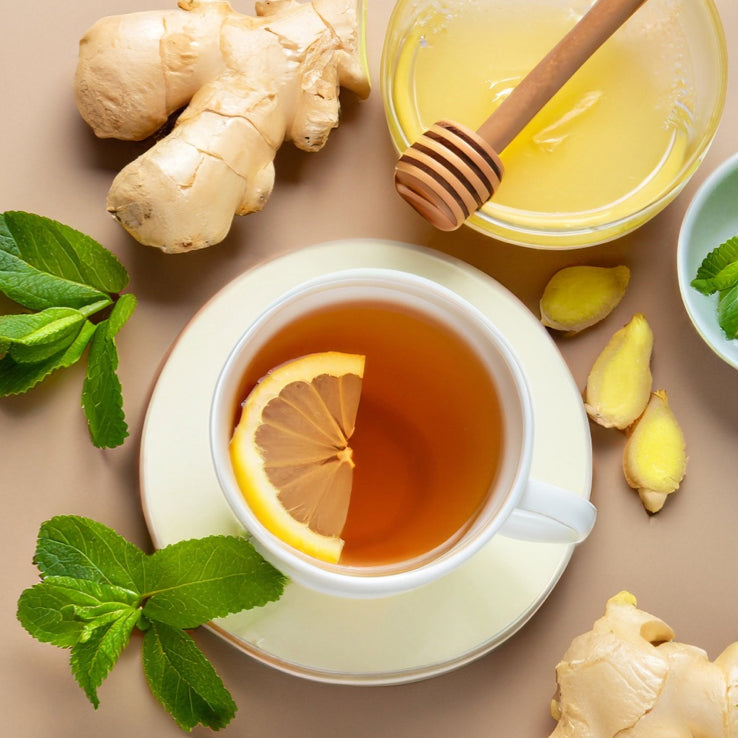3 min read
Anemia, a common blood disorder, often results from iron deficiency. This blog post discusses the importance of boosting iron levels in the body and strategies for effective anemia prevention.
Understanding Anemia and Iron's Role
Anemia is characterised by a lack of healthy red blood cells to carry adequate oxygen to the body's tissues. Iron is a key component of hemoglobin in red blood cells, making it crucial for preventing anemia.
Sources of Iron in the Diet
Iron is available in two forms: heme iron, found in animal products like meat and fish, and non-heme iron, found in plant-based foods such as lentils, beans, and fortified cereals. A balanced intake of these foods is essential for maintaining healthy iron levels.
Iron Absorption and Factors Affecting It
The body's ability to absorb iron is influenced by various factors, including the presence of Vitamin C, which enhances iron absorption, and certain dietary components like tannins and calcium that can inhibit it.
Symptoms and Risks of Iron Deficiency
Iron deficiency can lead to symptoms like fatigue, weakness, pale skin, and shortness of breath. Long-term deficiency increases the risk of anemia and other health complications.
Strategies for Boosting Iron Intake
Incorporating iron-rich foods into the diet, using iron cookware, and considering iron supplements under medical guidance are effective ways to increase iron intake.
Monitoring Iron Levels
Regular monitoring of iron levels, especially for individuals at risk of anemia, is important. This can be done through blood tests and should be part of routine health check-ups.
Boosting iron levels in the body is crucial for preventing anemia. A balanced diet rich in iron, combined with lifestyle and dietary strategies to enhance iron absorption, can significantly reduce the risk of this condition.







